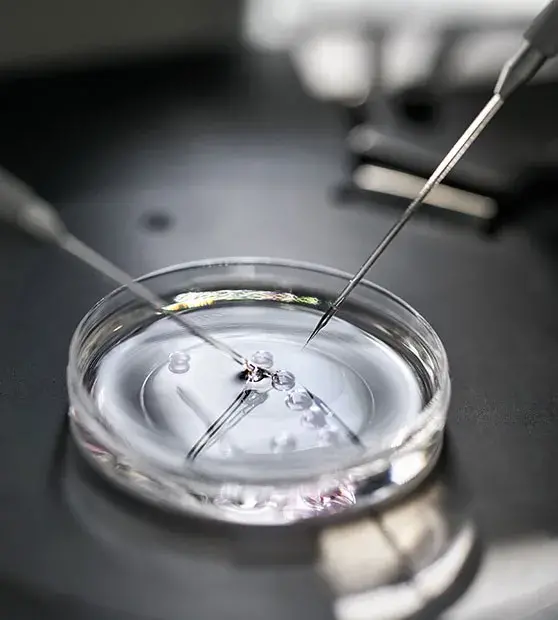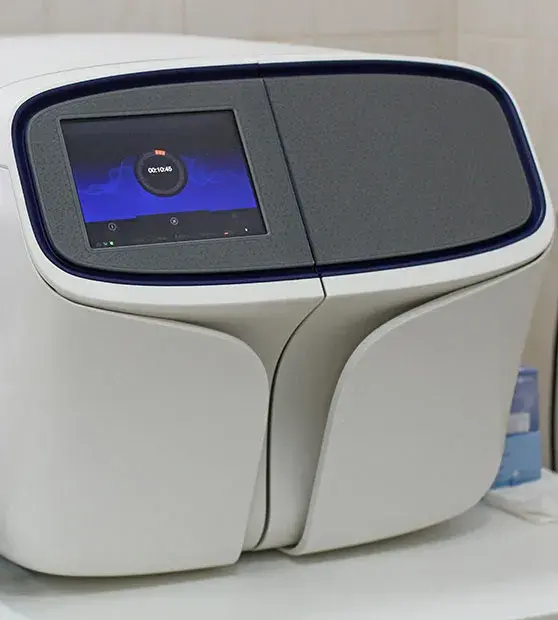Endometrial Receptivity Analysis (ERA)
Endometrial Receptivity Analysis (ERA) is a test to assess the endometrial status and determine the presence of a receptive gene profile in the patient’s endometrium during the biopsy.
The human endometrium is a highly dynamic tissue that is capable of undergoing physiological changes in response to steroid hormones. Thus, it creates a receptive status that is synchronized with the arrival of an implanting blastocyst (refers to an embryo that is 5 days old after successful fertilization).
Who should consider ERA?
The ERA is considered in women who:
- Experienced multiple implantation failures with embryo transfers despite good quality of the embryos
- No previous pregnancies
What is Endometrial Receptivity Genome Analysis?
Endometrial Receptivity Genome Analysis is a state-of-the-art diagnostic method. This test evaluates the endometrial receptivity status from a molecular point of view. It helps to assess the receptivity for endometrium for implantation by analyzing the expression of a group of genes related to endometrial receptivity.



